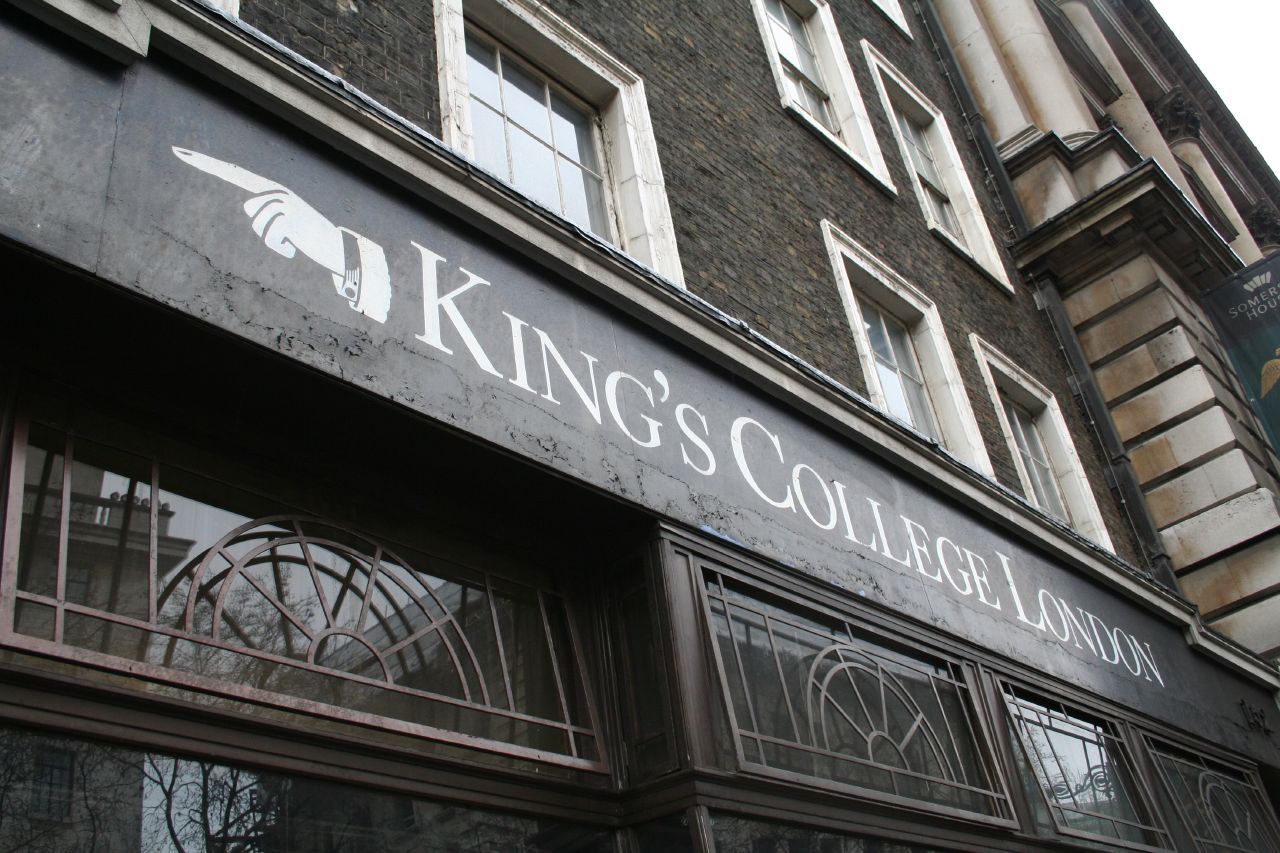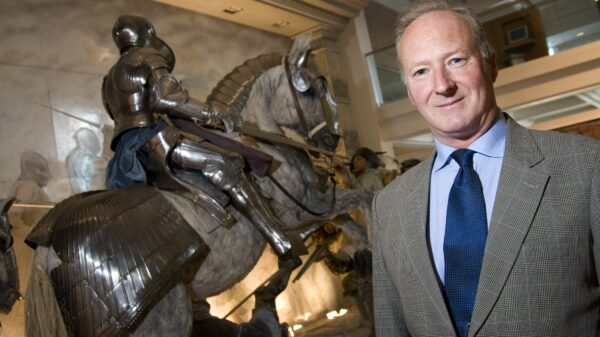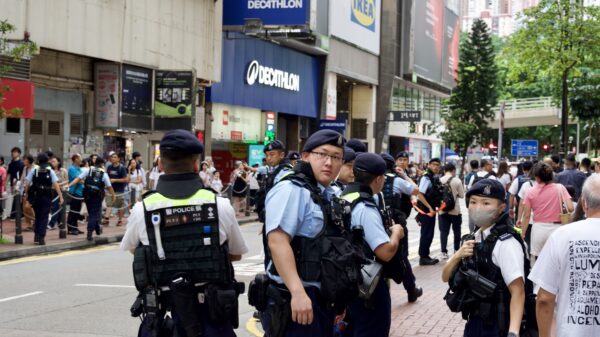Joseph Wiltshire from Keep it Real KCL on how his campaign convinced the college to re-commit to the in-person university experience after the Covid-19 pandemic
After months of work, we were finally able to pronounce the campaign to bring back in-person teaching at King’s College London a success. Culminating hours of campaigning, debating, student polling, radio and podcast interviewing and, of course, making memes, we have finally achieved the result we were after.
Called ‘Keep it Real KCL’, this campaign has kept me busy since last August. I was home for the summer break, when I received the same email as every other KCL student explaining that for the second consecutive year, contrary to clear government guidance, there was going to be a continuation of pre-recorded, online-based lectures. I knew that the pandemic was still present in people’s minds, but the more I thought of the issue the more it frustrated me. I could not understand why the university would not be definitive about whether this was a temporary decision or not. After I took some time to think of the implications of such an email, my anger turned to determination to take a stand.
It is undeniable that online lectures are a useful and effective resource. Their application during the pandemic was excellent and their accessibility showed itself to be extremely useful, especially to students working part-time jobs, travelling from home, or remotely studying abroad. It is also true that the level of teaching given to students is similar if not the same when delivered through a KEATS-based pre-recorded lecture. These are arguments that we dealt with time and again throughout the campaign, and ones that are entirely valid and convincing. However, something is missing in this analysis, something that is not measurable, immediately obvious, or even necessarily academic: social interaction and the prevention of disassociation.
I was incredibly excited to come to KCL, an excitement that I look back on as naive, but throughout my entire first year it never truly felt like I had arrived. I had been on campus just a handful of times, and my day-to-day interactions felt like I had agreed to live in a hostel where we were all made to study at the same open university. It was because of this that I was so keen for my second year, and the normality it promised. I was still receiving a world-class education, would still get the same degree at the end, would still hopefully be able to push for a respectable career after my studies, but I felt like I wasn’t a KCL student. Why? Because I was not truly present. I had become disassociated with my surroundings and did not feel like I was growing or maturing as a person.
Being on campus, surrounded by like-minded students, is what university is truly about. There are subjects, of course, in which your practical study is vital to your eventual career, but the true education you receive at university is the adaption you make from a teenage student to a young professional. It may not feel like it, but in your interactions with other students you are constantly learning, constantly realising what you like and dislike about not only others but yourself.
The social interaction you receive at university is fundamental to a successful application of your talents and skills in the professional world. Achieving your goals is not just about being academically smart, but by being able to collaborate with others and climatise yourself to a social working environment. Online university offers a great academic education, but that is only part of the reason students are here.
With the university deciding to remain with online lectures for another year, I was not necessarily concerned that they were going to abandon their campuses, but that students would get used to the comfort associated with watching lectures from their beds and would not realise the true benefits of on-campus learning, having rarely been there before. I endeavoured to make a stand. I first contacted the National Union of Students, expecting them to jump straight on it yet they dismissed the importance of the campaign and said I needed to prove that students actually cared.
Unperturbed, I contacted the KCLSU (King’s College London Students’ Union) in August, asking if a campaign was possible. Roisin Moyle, KCLSU Campaigns Organiser, who has been outstanding in her help throughout this academic year, said I could be funded through the SU, but only if we could prove that there was support. We needed 50 votes in the space of a week to gain funding; we reached it in less than 24 hours.
Ironically, the digital world, the seeming enemy of this very campaign, has been the main driving force behind it. Being able to contact and find students through Instagram is the foundation of Keep it Real. It was through Instagram that I managed to form a 15-person strong committee, from a wide range of ages, courses, and backgrounds, each one helping in their own way.
From badgering journalists to mass following KCL students online, and from speaking in podcast interviews to handing out flyers and stickers on campus; they have been excellent. We met regularly and aimed to achieve three goals: to trigger a student poll being sent to every enrolled KCL email; to host a public panel discussion with Adam Fagan, Vice-President for Education at KCL; and to get our story into the national press.
Getting into the press was easier than we thought. It turned out that this was an issue that both journalists and radio broadcasters could relate to not only on a personal level, but through their children who were either at university or near to it. We were picked up by the Sunday Times, by BBC Radio 4’s You and Yours program, and my dad, who ended up running his own, more nationally focused campaign, found his way into The Telegraph.
We could feel the sympathy, but it was not getting us anywhere. Every effort we made was undermined by KCL stating that they had merely been adhering to what students wanted. We knew this was not the case – we just had to prove it. To do so we needed a poll, a poll sent to every student at KCL with one definitive question: How would you like to receive your education at KCL?
To trigger a university-wide poll, hosted by the SU through a Motion Hearing, we had to jump through hoops. The main and most difficult of which required us to amass nearly 300 signatures in the space of a week. This would not have been achievable without the incredible work of my committee on Instagram and other social media platforms, and their willingness to walk around campus distributing flyers and stickers.
We achieved the required number of signatures with time to spare and the poll went ahead. It was the highest attendance the SU have ever seen at a Motion hearing, with almost 2000 students voting, returning a 70% approval rate, with 75% of the Motion’s active voters voting in our favour. This is the first and only poll of its kind nationwide and was vital evidence for us in achieving a successful campaign.
Although Adam Fagan had to cancel the proposed panel discussion at very short notice, he has been thoroughly supportive of the campaign ever since. It was after the poll that I started the behind-the-scenes discussions that have allowed us to reach this point. Starting our communications back in December, Mr Fagan and I have been in continuous discussion about the future of teaching at KCL. I get the feeling that Mr Fagan has wanted to move to in-person teaching from the beginning, but that our campaign and the concrete proof that our poll offered him, was the evidence he needed to convince the more stubborn faculty heads of our university.
I am very proud of the combined effort we have shown throughout the campaign, and the implications of our success by demonstrating the power of students when they come together. I hope that this will set a precedent for other universities nationwide as recognition is given to the benefits of face-to-face social interaction, and the more enjoyable and enlightening university experience that can result from its prioritisation.
Joseph Wiltshire








